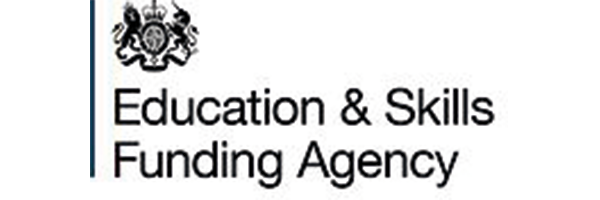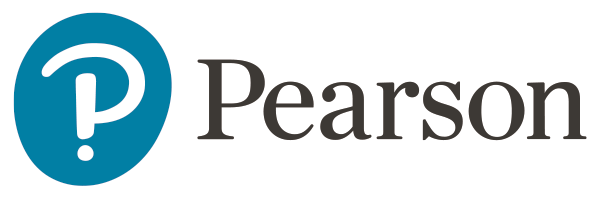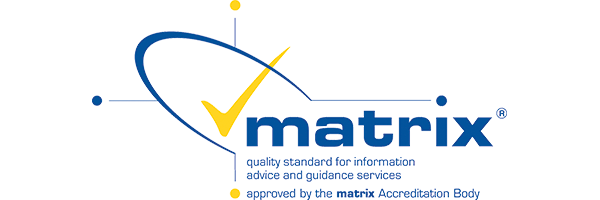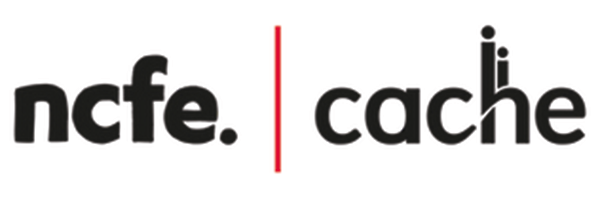North West Community Services Training Ltd:
Overriding Curriculum Overview
Our curriculum has been formulated through very careful consideration of the learning journey/pathway our learners decide to take. By motivating our learners to be the best they can be, we aim to encourage them to become independent and positively contribute to society and the local economy.
The model of delivery will work around the requirements of the learner and employer with the key aim being the offer of new knowledge, skills and behaviours that relate to their personal and professional goals through the application of appropriate technology, in preparing people for the digital age, and life in modern Britain.
Curriculum Aims
The following points form the foundation upon which the curriculum delivery takes place:
- To maximise the potential of each learner and meet their needs irrespective of ability by the provision of a broad, balanced, relevant and suitably differentiated curriculum which includes, where appropriate, the offer of new knowledge, skills and behaviours which motivates and stimulates learning.
- To provide a positive learning environment through the establishment of a warm, secure and caring atmosphere.
- To support access to the curriculum through the application of appropriate technology and development of digital skills.
- To promote independence within their chosen learning journey/pathway.
- To enable continuity and progression within their chosen learning journey/pathway.
- To seek opportunities and, where possible, provide the necessary support for learners whose development can be further enhanced by access to further learning experiences.
- To ensure that the provision that we offer meets local skills needs, including the learning skills priority areas of the Liverpool City Region.
- To recognise effort, not merely attainment.
- To celebrate all achievements.
Curriculum Checklist
This is the guidance that Training Officers will follow when working with learners on all programmes.
Intent: why are you offering the provision type? Retain: how do you plan this so it is embedded into long term memory?
- What do you intend learners to learn?
- Does your curriculum develop the knowledge, skills and behaviours learners need to progress in education or employment?
- Is your curriculum intent sequenced so learners can build on previous learning and develop the new knowledge they need?
- Does your curriculum intent promise to deliver the KSBs in the standard that are necessary for the job role?
- Does your curriculum link KSBs together in a transferable way?
- What are the endpoints and the next steps after the curriculum?
- Does your curriculum have opportunities for all learners, no matter their level, to have high vocational or academic ambitions?
- How will you stretch and challenge learners?
- Does your curriculum take into account the needs of the learner, employer and local economy?
- Do your coaches, trainers and staff understand the intent of your curriculum, how it will be implemented, how the impact will be measured, and what this means for their practice?
- Does your curriculum take into account the core values of your organisation and sector?
Implementation: how are you planning to deliver the teaching & learning to meet the needs of your learners, employers and the standards? Recall: how have you delivered the curriculum? How have you sequenced the learning?
- Do your coaches or trainers have expert knowledge of the sector?
- Is your curriculum delivered in a way that allows learners to transfer key knowledge to long-term memory?
- Does your curriculum take into account the learner’s previous learning and develop their knowledge in a personalised way?
- Are learners working towards defined end points?
- Is the curriculum implemented in a way that allows learners to apply their knowledge?
- Are evaluations used to help coaches and trainers assess the competency of learners and produce clear next steps for learners?
Impact: how do you evaluate the knowledge & skills of learners to prove impact, achievement, performance? How do you measure the impact against the expectations of the learner and employer? Reuse: What examples can you provide to demonstrate impact / knowledge / understanding?
- Have learners attained good results in examinations and end-point assessment?
- Have learners produced good work throughout the implementation of the curriculum?
- Can learners apply the knowledge and skills they’ve gained?
- Have all learners acquired the knowledge, skills and behaviours needed to progress in employment or education?
- Have learners progressed in relation to their starting point and rate of learning?
- Have learners been stretched and challenged to achieve ambitious targets?
- Have learners with additional learning needs achieved the best possible outcomes?






